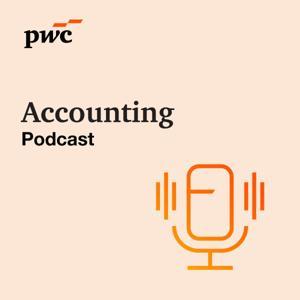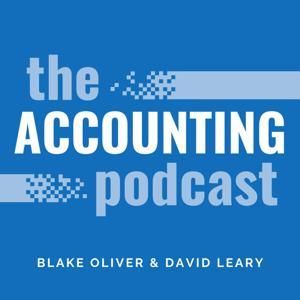The lesson arrived abruptly in a boardroom in Battle Creek. After months of analysis, charts, and market data, the president of Kellogg’s cereal division looked up and said, “That’s all interesting. I just don’t know what to do with it,” Dean Neese tells us. The comment landed hard. It forced him to confront a blind spot early in his consulting career: insight without action is inert.
Neese and his team went back, rebuilt the presentation, and returned a week later with clear recommendations tied directly to decisions, he tells us. That moment rewired how he communicates to this day. Every deck now starts with the message and earns credibility with data, not the other way around.
That discipline carried forward as Neese moved from consulting into operating roles. At DocuSign, he chose to run both corporate development and integration so there would be no ambiguity about outcomes, he tells us. Strategy, in his view, only becomes real when someone owns the consequences. Living and working overseas reinforced that belief, teaching him that even the best analysis fails if it ignores cultural context, he tells us.
Today, as CFO of Placer.ai, Neese applies those lessons through capital allocation. He often asks to see the budget before the strategy document because “where you’re spending the money” reveals true priorities, he tells us. Drawing on research involving 400 executives, he points out that top performers make roughly twice as many major decisions each year as underperformers, he tells us.
From a single uncomfortable moment at Kellogg’s to scaling a data-driven company, Neese’s career reflects a consistent principle: finance creates value when it accelerates decisions, clarifies tradeoffs, and turns insight into action.





































